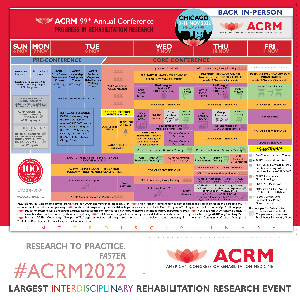
Jonathan R. Wolpaw, MD
Director
National Center for Adaptive Neurotechnologies
Delmar, New York, United States
Dr. Wolpaw is a neurologist who has been engaged in basic and clinical neuroscience research for more than 40 years. His research group developed operant conditioning of spinal reflexes as a model for defining the plasticity underlying learning. They showed that reflex conditioning can guide spinal cord plasticity to improve walking in animals and people with spinal cord injuries. This work has produced the new concepts of the heksor and the negotiated equilibrium of CNS neuronal and synaptic properties that heksors create. These novel concepts are a response to the recent recognition that the entire CNS changes continually throughout life; the concepts can explain how adaptive behaviors are acquired and maintained in a ubiquitously plastic CNS. These concepts are also the basis for a new therapeutic method – targeted neuroplasticity – that can enhance functional recovery. In addition, Dr. Wolpaw's group has led development of EEG-based brain-computer interface (BCI) technology. They showed that a non-invasive BCI can give multidimensional movement control, provided basic BCI systems to severely disabled people for daily use in their homes, began the BCI meeting series that led to the BCI Society, oversaw creation of the first comprehensive BCI textbook, and are now exploring the use of BCI technology to improve rehabilitation after strokes or in other disorders. Dr. Wolpaw’s group has been funded for many years by NIH, the Veterans Administration, other government agencies, and private foundations; their achievements have been recognized by numerous national and international awards.
I do not have any relevant financial / non-financial relationships with any proprietary interests.
Presentation(s):
-
IC27: Using Neuromodulation for Rehabilitation: An Interactive Course for Clinicians on Current Techniques
Monday, November 7, 2022
8:30 AM – 5:30 PM

.jpg)
